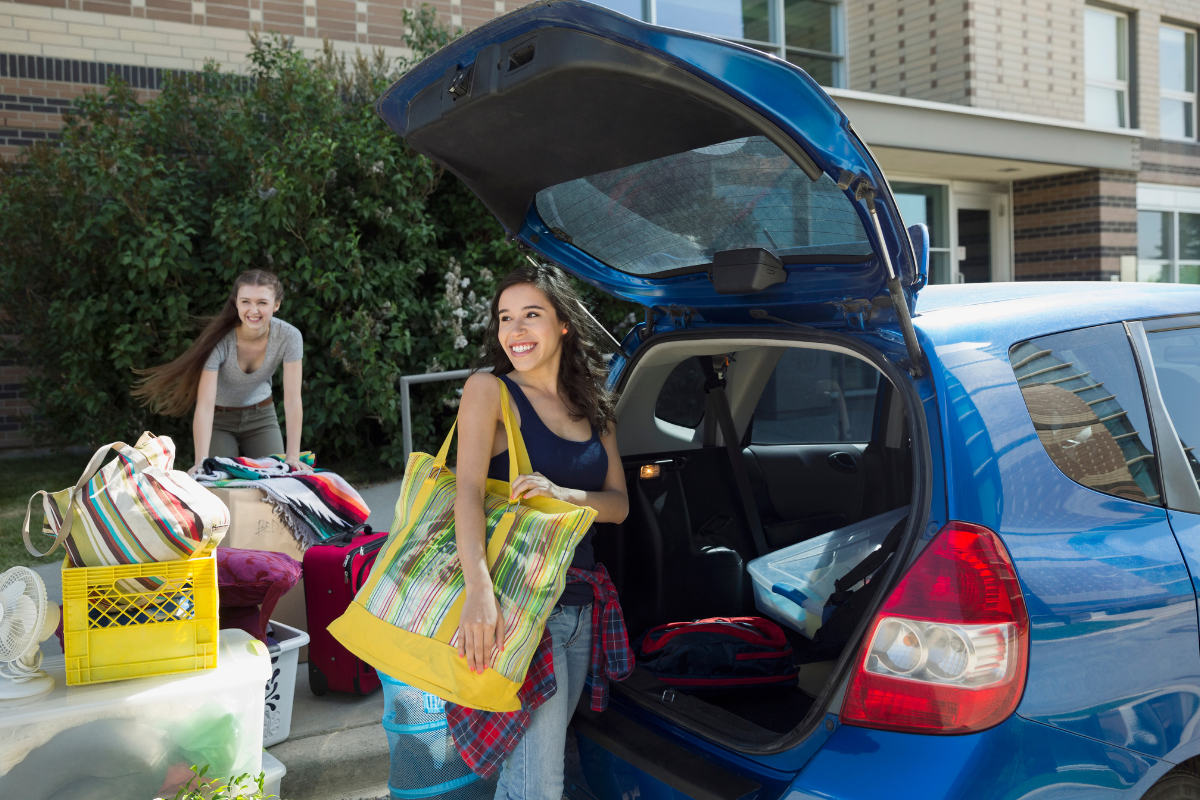Moving to a new state or region can feel overwhelming, especially when it comes to settling into an unfamiliar community. Whether you’ve moved locally before or this is your first big relocation, there’s more to it than just packing boxes and changing addresses. Beyond the usual tasks—updating your driver’s license, transferring utilities, registering to vote—you’ll need to explore how your new location fits into your lifestyle. What’s the commute like? Will you find activities and social centers similar to those you enjoy now? In this post, we’ll offer key tips to help make the transition smoother, from using online resources to connecting with locals, so you can start feeling at home before you even move.
Q: I am moving to a new state and region. What are some pointers about how to get resettled?
If you have moved locally before, you know the bureaucracy that comes with every move:
- Change your address on your driver’s license and other ID
- Register to vote, if you are a citizen
- Move your utility services to the new location
- File a post office change of address
- Register your children in the local school
Just like when you are moving locally, there will be lifestyle activities that you should explore before moving:
- What is the commute between work and home, school and home?
- Does the new location have access to weekend activities you enjoy now?
- Where are the religious or social centers like those you belong to now?
- Does the new location have access to schools you expect to be happy with?
Q: If I am moving far away, how can I possibly know if there are places that I’ll enjoy in the new region?
Use Internet Resources: Start by seeking out the types of local information you rely on now, but specific to your new location.
Explore online news outlets like The Patch or local newspapers (many of which can be found here). Join local social media groups, which often give a sense of the community. Just like in your current area, you’ll find a mix of people—some helpful, some not—but these groups can offer valuable insights.
Check out religious and cultural organizations that align with your interests. Their websites often list their mission and activities calendars, which can help you connect with like-minded people even before you arrive. Many also offer newsletters or online communication platforms that are great for staying in the loop.
Networking: Start by asking friends, family, or colleagues if they know anyone in your new area. Personal introductions can be invaluable in helping you get settled and learn more about your new community.
Pre-move Vacation: Consider spending a week or two in your new town or city to get a feel for the place. Use this time to meet with people who can assist with your move, and try out activities you already enjoy—whether it’s sports, theater, religious services, hiking, or even attending a local event at the library. Engaging in these activities will help you connect with locals and give you a sense of whether the area aligns with your lifestyle.
Consider a Two-Step Move: Evaluate whether it’s less stressful to rent for a year before buying a home. Each approach has its own benefits and challenges. Renting allows you to test the waters, while buying right away offers a sense of permanence—but either way, the decision should be based on your comfort level.
Develop a Relationship with a Local Exclusive Buyer’s Agent: A local exclusive buyer’s agent is a valuable resource when moving to a new area. They have in-depth knowledge of the region and can guide you to community activities and resources that will ease your transition. Their expertise can help you navigate your home search while also connecting you with local networks.

